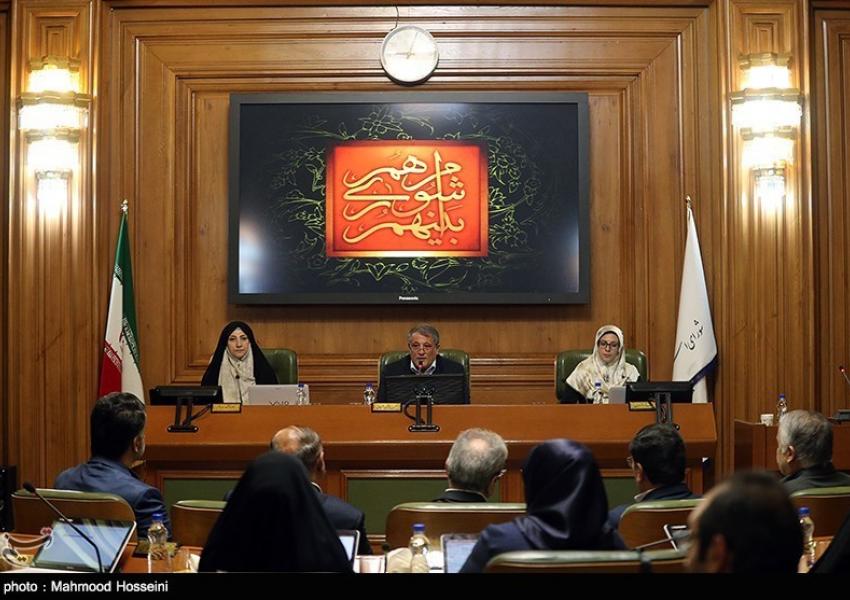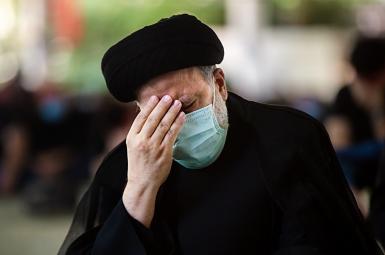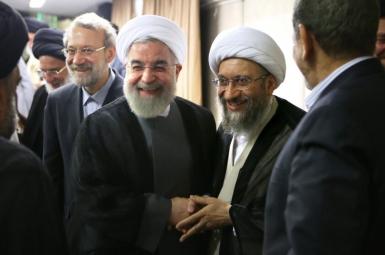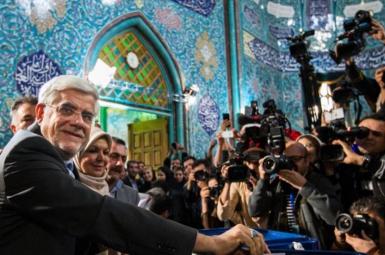
Hardliners, IRGC Chop Candidates In Iran's Upcoming Local Elections
Ten out of the 12 sitting councilors in Tehran who registered to run in June’s local elections have been disqualified by election supervisory committees appointed by parliament. Nine others had decided not to stand again.
All 21 councilors were elected in 2017 on the reformist list, including the mayor Pirouz Hanachi, who warned Thursday that extensive disqualifications would lead to a lower turn-out and weak, badly-run councils.
Reformists say supervisory committees have disqualified their candidates not just in Tehran but across the country. In Esfahan, another major city, all 11 current councilors have been chopped.
Such moves are unprecedented. Until now, city and village council elections have been the only ones not subject to the watchdog Guardian Council vetting candidates. But even beyond that, IRGC intelligence also seems to be indirectly involved in vetting and disqualifying candidates.

The supervisory committees appear to be drawing on research by the Revolutionary Guards (IRGC) Intelligence Organization and the Guardian Council. Yet on current electoral law, only four bodies are responsible for providing information of candidates who register to run in local elections − the judiciary, the intelligence ministry, Law Enforcement Force, and the National Organization for Civil Registration.
In the parliamentary elections of February 2020, a purge of reformist candidates by the Guardian Council contributed to an official national turn-out of just 43 percent. In Tehran province, only 26 percent voted. June’s local election is due the same day as the presidential election in part to encourage turn-out, but the absence of competition among candidates for local officies may reduce voter interest in either or both polls.
In January, parliament agreed the outlines of a new law on council elections that included a clause adding IRGC intelligence as a fifth authorized body. The law remains to be passed, but it appears it is already being put into practice. On January 30, Hamid-Reza Kazemi, head of the Central Council Elections Supervisory Board, said that candidates’ credentials would be investigated not just by the four usual bodies but by IRGC intelligence, the Guardian Council and "other bodies."
"This is a sign of an approach based on elimination," disqualified Tehran councilor Mohammad-Javad Haghshenas told Hamshahri newspaper Thursday [April 29]. "When ten out of 12 who had registered to run are disqualified, besides the younger [candidates] who mainly belonged to the reformist camp, …[we see that] those who disqualified the candidates have no understanding of the concept of free elections..."








